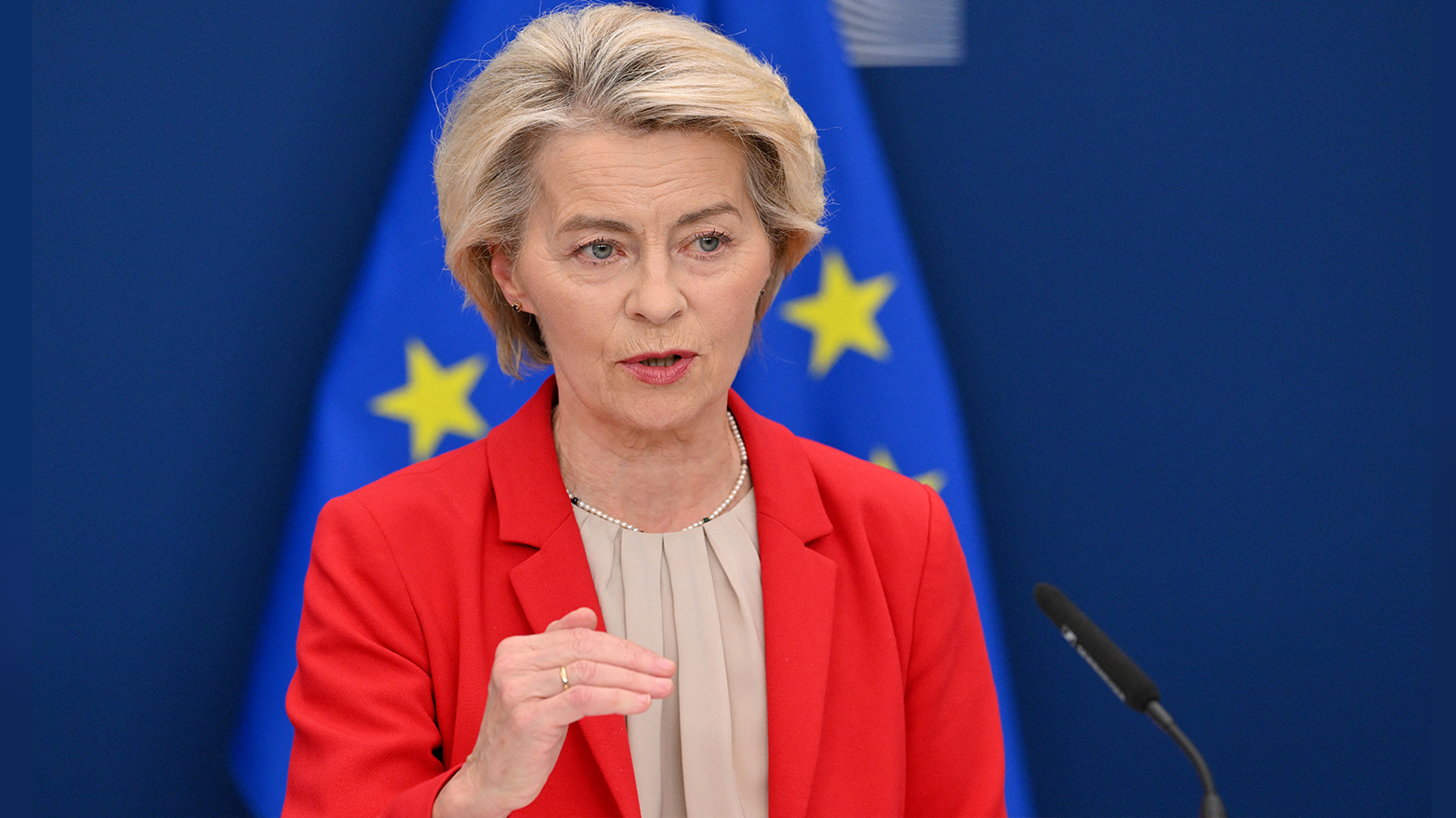EU Commission President Tells Netanyahu: Negotiated Solution with Iran Best in the Long Term
EU's von der Leyen tells Netanyahu diplomacy best path on Iran, affirms Israel's right to self-defense. Notes Iranian drones threaten both Ukraine & Israel amid G7 talks.

By Ahora Qadi
ERBIL (Kurdistan24) – European Commission President Ursula von der Leyen told Israeli Prime Minister Benjamin Netanyahu on Sunday that diplomacy remains the most viable path forward regarding Iran, while stopping short of calling for an immediate ceasefire.
In a phone call with Netanyahu, von der Leyen affirmed that both agreed “Iran must never be allowed to obtain nuclear weapons, without any doubt.”
Speaking at a press conference in Kananaskis, Canada, where she is attending the G7 Summit, von der Leyen stated, “Of course, I believe a negotiated solution is best in the long term.”
Her comments followed Israel’s surprise and large-scale military offensive against Iran on Friday, which Tehran countered with waves of missile and drone attacks targeting Israeli cities.
Though von der Leyen has previously criticized Israel over its operations in Gaza, she placed the blame for the current conflict squarely on Tehran, referencing a recent International Atomic Energy Agency (IAEA) report indicating that Iran has not fulfilled its nuclear obligations.
“In this context, Israel has the right to defend itself. Iran is the main source of regional instability,” von der Leyen said.
She added that the G7 summit must address the Iranian crisis in parallel with the ongoing war in Ukraine, where Iranian-supplied drones have been used by Russia in numerous attacks.
“The same type of Iranian drones and ballistic missiles are being used to indiscriminately strike cities in both Ukraine and Israel. Therefore, we must confront these threats together,” she noted.
In response to the IAEA’s findings, Iran announced plans to increase its production of enriched uranium—though not at levels required for weaponization.
While it is widely believed that Israel possesses nuclear weapons, the country maintains a policy of deliberate ambiguity and has never officially confirmed its arsenal.